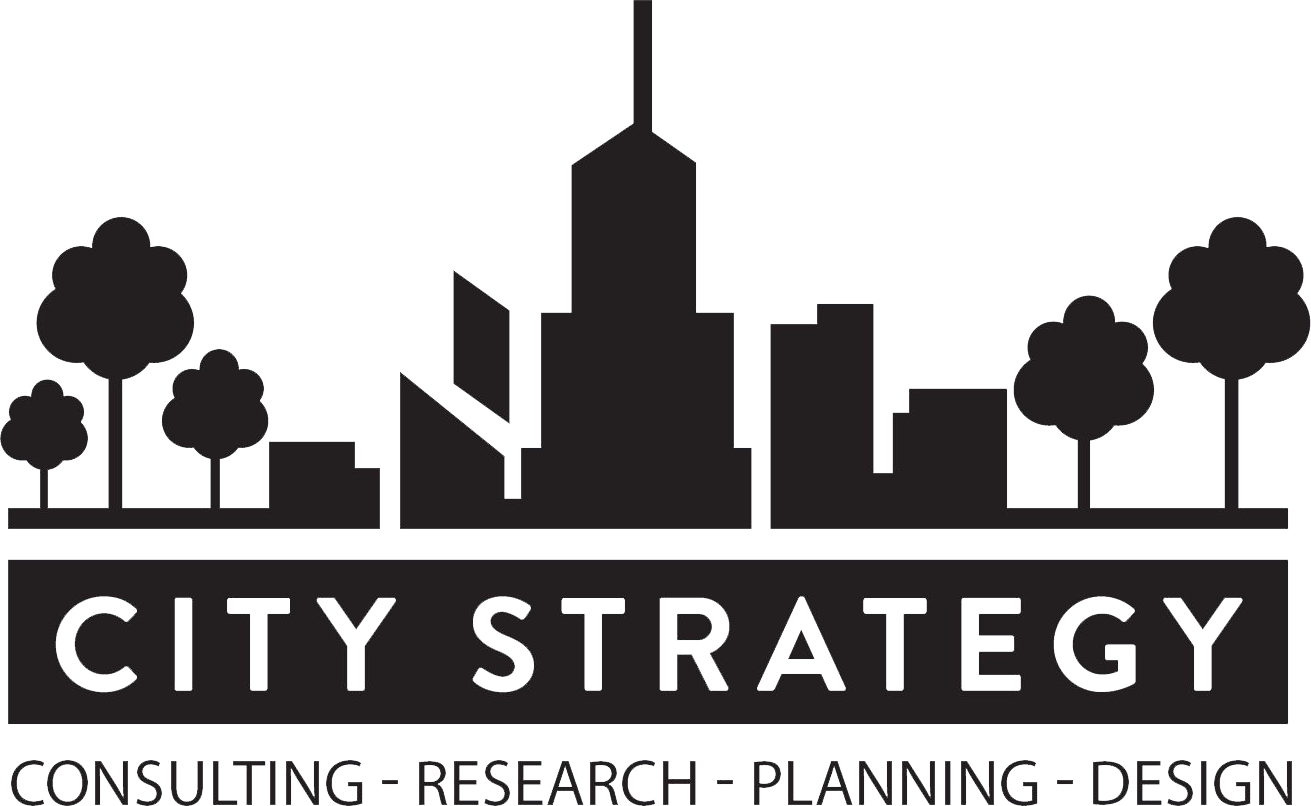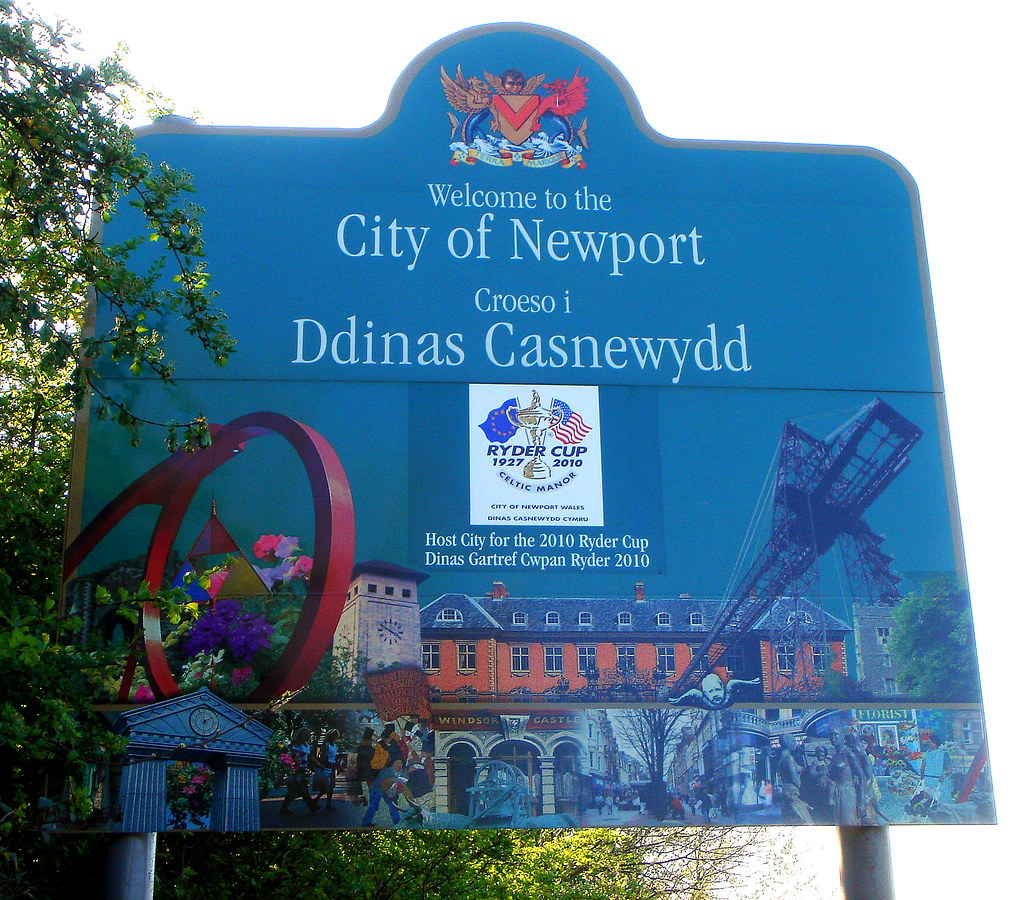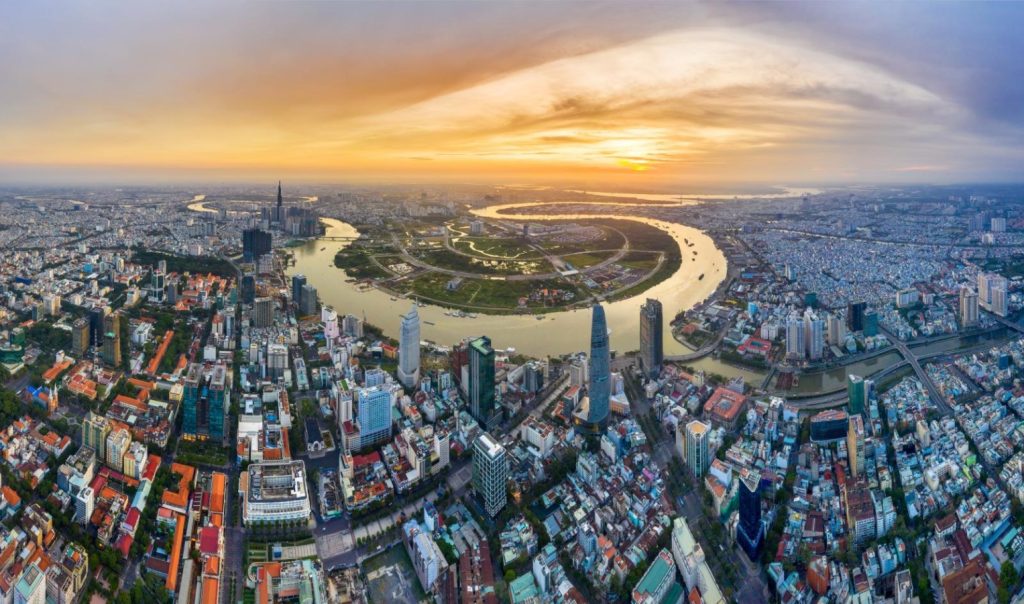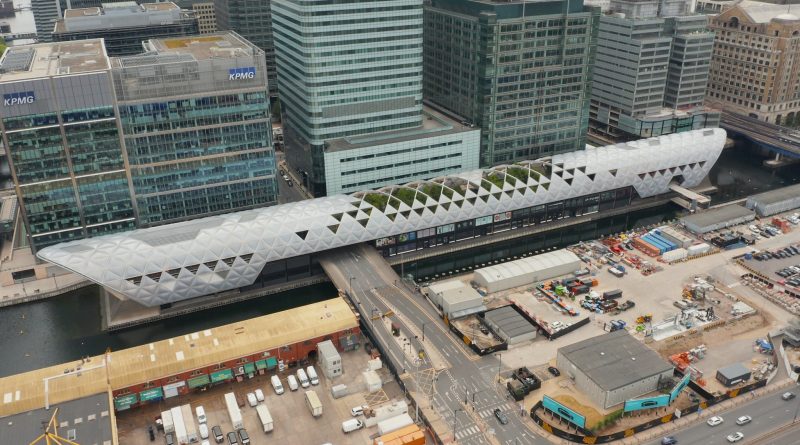When the British Olympic Association first presented its plans for a London 2012 Olympic Games to UK Government in December 2000, it seemed very far from reality.
While the UK was undergoing something of a renaissance under its young new Prime Minister Tony Blair, there were concerns about the UK’s ability to deliver major projects.
The experience of the “Millennium Dome”, a sort of independent version of an Expo which was built to celebrate the year 2000 under a spectacular giant tent in Greenwich, East London, had not been great. Although it had secured a lot of visitors during its year of operation, the content had been patchy and it had attracted a lot of negative attention, characterised by the press as a vanity project which had wasted taxpayer money, and with an uncertain future.
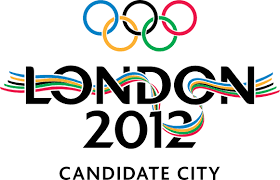
An Olympic bid would cost many £millions, and involve a commitment by the Government to raise and spend £billions. The site chosen in Stratford as the potential location was in an economically deprived former industrial area and lacked a lot of the basic infrastructure which would be required. The Labour Party’s “Iron Chancellor” Gordon Brown, then at the height of his powers, was known to be reluctant to commit taxpayer funds towards an Olympic Bid which might become another London cultural white elephant.
On the political side, Ken Livingstone the Mayor of London was in the process of taking the Government to court over control of Transport for London, trying to block a proposed public-private partnership. He had left the Labour Party to run as an independent in 2008 and relations between him and most of the Government were not great. Cities in the rest of the UK were already grumbling about how much money and time was being spent in the capital. Manchester, which had bid for the 1996 and 2000 Olympics and instead hosted a highly successful Commonwealth Games in 2002, felt that it had been the showcase for the UK’s abilities and therefore should be allowed to bid again.
Internationally, the cities of Paris, New York, and Madrid were seen as the front runners for the 2012 games. Paris had bid for the 1992 and 2008 Olympics, and was seen as the firm favourite. The French capital had also impressed with its hosting of the 1998 World Cup of Football.
So the odds were stacked against London.
Yet within a decade, London had successfully bid for, won and hosted a Games widely regarded as the most successful in many years, selling out of tickets for the Olympics for the first time in history and achieving record breaking sales for the Paralympics.
With the legacy partly built in to the process from the start, by the time of the Games in summer 2012, plans and funding were in place to secure the future uses of the Olympic Park and Olympic Village, and to ensure a legacy for the games in culture and sport around the UK.
Not everything was perfect, of course, but among the key achievements of the London 2012 team were:
- Securing support for London from IOC members despite being underdog bid
- Putting athletes and the next generation at the heart of the bid – making the Olympics about sport not sponsorship
- Olympic Games sold out – more than 7m tickets – and record ticket sales for the Paralympic Games
- Huge focus on Paralympic sport which transformed the way future games were marketed and promoted
- 70,000 Olympic volunteers (out of 240,000 applicants)
- Olympic Park moved directly into legacy development after the Games and re-opened in 2013 as a major new park for London
- Olympic stadium successfully converted to football with regular non-football events including athletics
- Olympic village entirely sold, rented and occupied after games
- Crossrail and DLR extension secured as part of Olympic Legacy
- UK elite sporting achievement continued from 2012 (3rd in medal table) to 2016 (2nd) and then 2020 (4th)
- Legacy projects around UK including culture and sport
Members of our team were involved from the start in developing, hosting and promoting the bid, working with the London Organising Committee and the Olympic Delivery Authority.
Our CEO Howard Dawber was part of London’s team at the 2005 Singapore IOC congress which voted for London to host, and then was the founder and governor of the Legacy Trust, the UK-wide body which developed and funded the 2012 cultural Olympiad raising a total of £80m. He also helped host the IOC visit to London as part of the bid process.
Dr Tim Williams worked on the economic case for the bid with the East London authorities and helped prepare the plans in Government.
Associates and members of our team are still involved in delivering Olympic Legacy projects 10 years on from the Games.
Watch London’s promotional videos for the bid here: “Proud/ Sport at Heart” “Inspiration”
